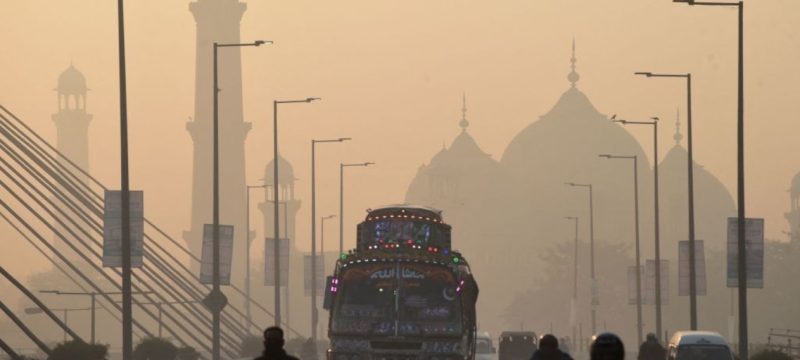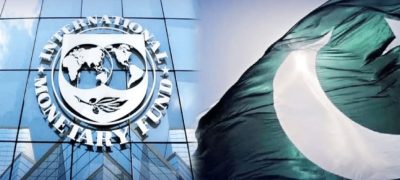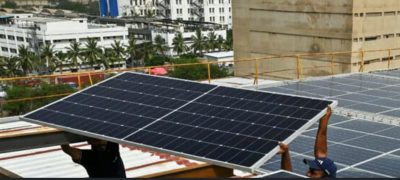Air pollution in Karachi has reached alarming levels, with the city’s Air Quality Index (AQI) hitting 207, making it the fourth most polluted city globally, after New Delhi, Lahore, and Cairo. Lahore, with an AQI of 404, was ranked second. Yasir Hussain, head of the Climate Action Centre, stated that 60-70% of Karachi’s air pollution stems from vehicular emissions, particularly due to the widespread use of motorcycles, driven by inadequate public transport. Motorcycles alone consumed $15 billion worth of petrol in the last five years, contributing to 69% of fuel-based pollution.
Environmental experts highlighted the severe health impacts, with air pollution reducing life expectancy by almost four years on average. Pakistan experiences over 100,000 pollution-related deaths annually, while the World Health Organization estimates seven million global fatalities due to pollution each year.
Also Read: Lahore’s Air Quality Gets Worse; Authorities Seal Marriage Halls and Restaurants
With the smog season arriving earlier this year, temporary measures like Punjab’s “Green Lockdown” have proven insufficient. Experts are urging sustainable solutions, such as no-vehicle zones and improved public transport, to reduce emissions. Pakistan’s reliance on fossil fuels, with $73 billion spent on petroleum products over the past five years, worsens the crisis.
Pakistan Peoples Party Chairman Bilawal Bhutto Zardari recently called on Pakistanis to consider relocating to Karachi, where air quality, although deteriorating, is still better than in parts of Punjab and Khyber Pakhtunkhwa. However, as Karachi faces worsening air pollution, comprehensive reforms are crucial to protecting public health and the environment.









